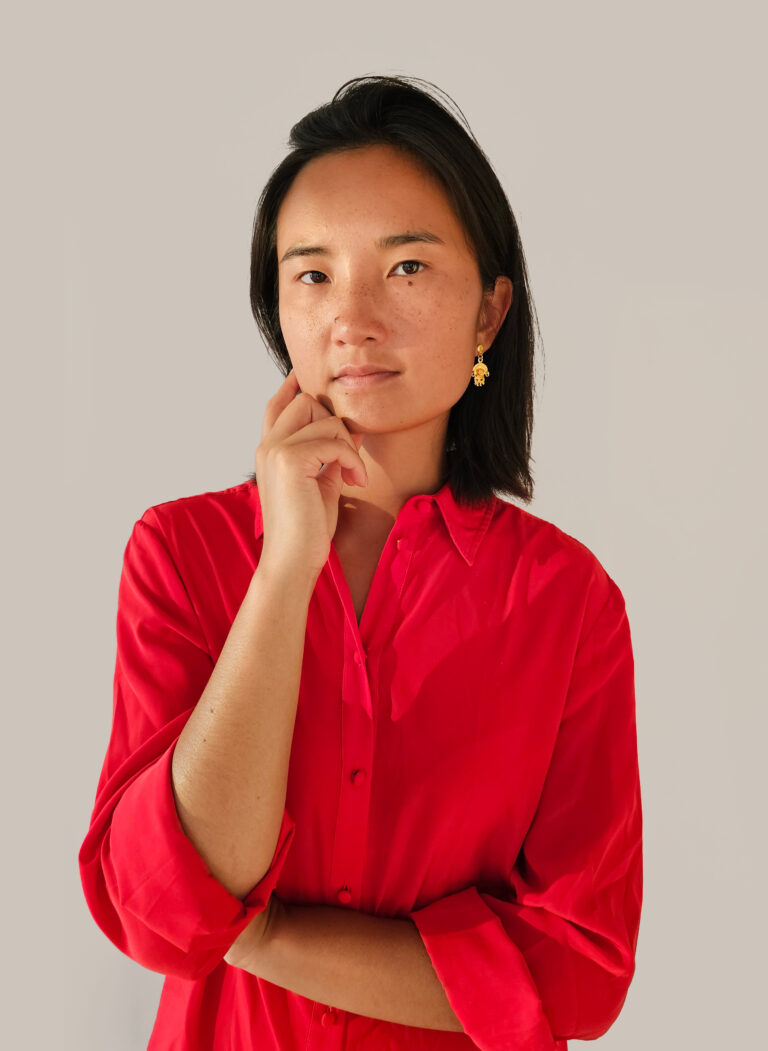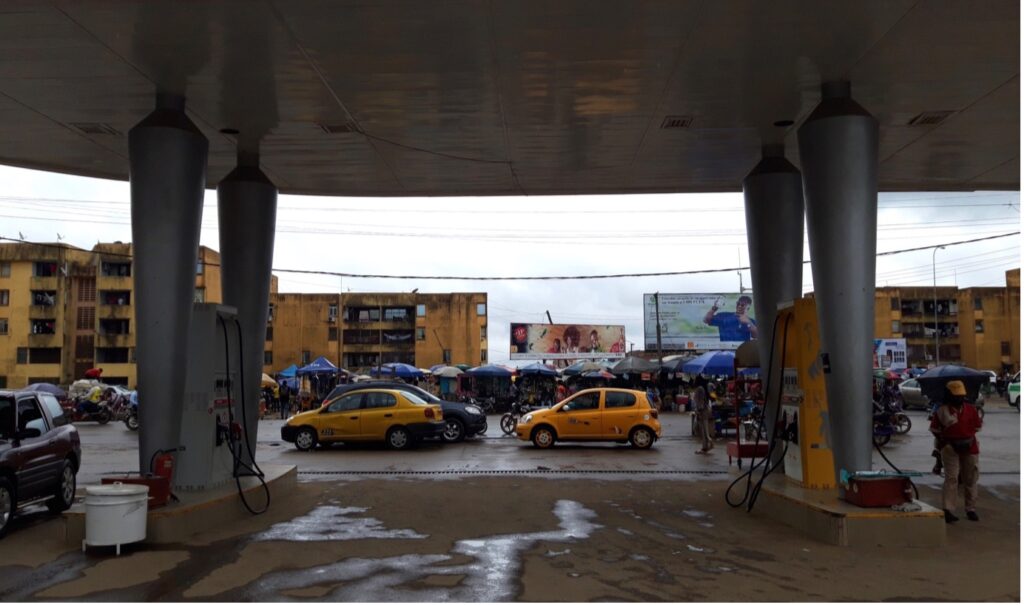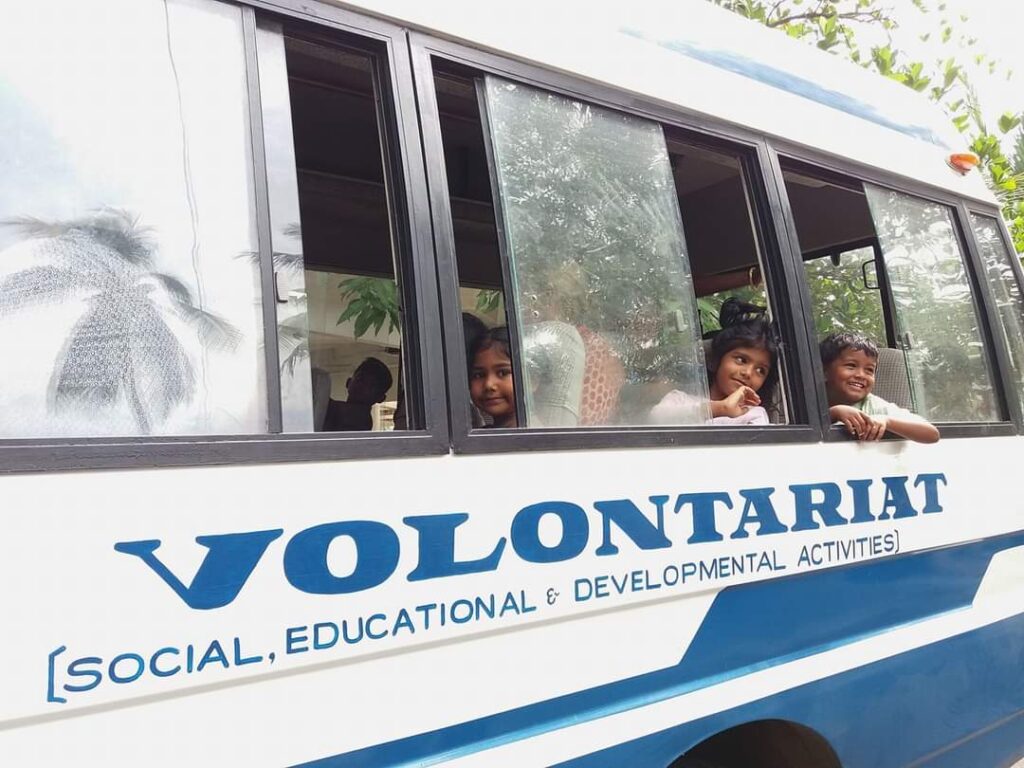
I am an urban planner, architectural designer, and filmmaker focused on social justice. I believe that urban design should bring people together, which is why I want to work on projects that achieve social equity and environmental sustainability. I favor participatory approaches and put people at the center of my work. This is why my practice of architecture and urban planning has led me to make films: an art that allows me to carry the voice of the invisible, and those victims of injustice.
Awards
Award winner of the 2021 ‘‘Small-sized city of tomorrow’’ prize organised by the National School of Architecture of Clermont Ferrand and the French Ministry of Culture
Winner of the London School of Economics and Political Science (LSE) MSc Urbanisation & Development fieldwork grant
Architecture and the Construction of Youth Identity in Migration Contexts: The Experience of Young Bamileke Migrants in Douala, Cameroon
Abstract:
For the Bamileke people living in West Cameroon, “being is building, and building is stating who you are”, according to Malaquais (2002, 359). Nowadays, many young Bamileke migrate to other regions within Cameroon in search of economic opportunities and better social conditions. This paper sheds light on the intimate relationship between the act of building and the construction of one’s identity in these migration contexts. I argue that young Bamileke migrants construct their identity through their aspiration to build, while these in turn constitute techniques in the production of urban space. Combining ethnographic work and interviews, I build on de Boeck’s (2015) urban acupuncture approach in Kinshasa, Democratic Republic of Congo (DRC), to retrace the invisible lines created by young Bamileke migrants’ imaginaires in the context of the city of Douala. While building is crucial to ‘become someone’ among Bamileke people, the precariousness of their everyday life threatens the process of their identity construction. Their imaginaires help them cope with the difficulty of ‘becoming an accomplished person’, whereas the invisible is a constitutive aspect of the sense of cityness.

Award winner of the international photography competition for the 50th anniversary of the Organisation Internationale de la Francophonie (OIF)
